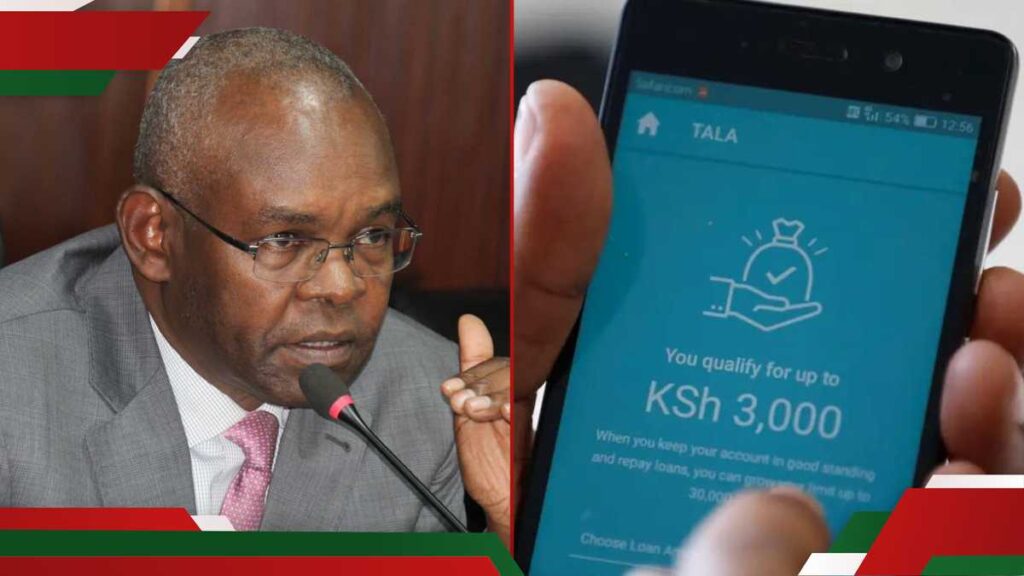The High Court has ordered the government to make public information on foreign debts and sovereign bonds or contracts signed on behalf of Kenyans.
Justice Lawrence Mugambi in his judgment on Friday gave the government 45 days to also explain how the money raised was spent.
He said that there was no evidence to show that it gave information without revealing the names of Kenyans and companies that hold sovereign bonds.
“In my view the state has not justified the non-supply except in to a very limited way, that is revealing the names of Companies, Institutions or names of persons that hold Kenya’s sovereign bond could breach privacy laws of investors in some countries. This Court is careful not to gamble with a possibility that has potential of exposing Kenya to legal liability,” he said.
The Judge issued the orders in a case filed by Kenya Human Rights Commission (KHRC) and good governance champion Wanjiru Gikonyo.
“A declaration is hereby issued that the failure to provide the Treaties or Agreements and or Contracts signed between the Republic of Kenya and any other state, any international financial institution, any international corporation and any other entity howsoever described is unconstitutional in so far as it contradicts the constitutional requirements on access to information under Article 35 (1) of the Constitution,” ruled Justice Mugambi.
The two had sued Attorney General and National Treasury Cabinet Secretary.
In their case, they accused the CS of failing to disclose how much the Executive had borrowed from foreign entities and locally on behalf of Kenyans.
At the same time, they claimed it remains a mystery on how the government spent such funds.
The court heard that KHRC and Wanjiru wrote to the CS on February 7, 2022 seeking information on the loans borrowed for a period of nine years.
However, they said that he declined to divulge the information they were seeking.
They argued that the refusal was a violation of their right to information and a breach of Chapter Six of the Constitution.
The CS opposed the case through Principal Secretary, Julius Muia.
He admitted that they received the letter and responded to the same on May 6, 2022.
Stay informed. Subscribe to our newsletter
Muia said that the information on any sovereign bond issued by the Government is accessible on the prospectus for the years the bonds were issued.
He further said that the bonds are traded at the London Stocks Exchange therefore tradeable and changing hands consistently.
According to him, the beneficial owners’ information changes with every trade conducted.
He said that such information cannot be made public as the data protection laws of different countries protect it.
The PS told the court that Annual Budget Policy Statement also provides information for all the monies borrowed in each year and the same is subject to public participation.
Moreover, he argued, the information is supplied to the National Assembly who then publish it on their website.
On the foreign treaties, Muia said that information on the agreements procured between Kenya and other states or international financial institutions, is held by the Ministry of Foreign Affairs.
He stated that the case was defective for failing to demonstrate the necessity of production of the information and documents.
The Law Society of Kenya (LSK) was enjoined in the case as an interested party.
It supported the case. According to LSK, making the information public was meant to ensure that Government transactions are transparent.
LSK CEO Florence Muturi said that the government was blocking Kenyans from participating in good governance by withholding the crucial information.
Katiba Institute, a human rights body also urged the court to force to reveal the information. It stated that it had written to the Commission on Administrative Justice (CAJ) seeking intervention but the same was futile.
It argued that efforts by CAJ to seek the same information had hit a dead end.























